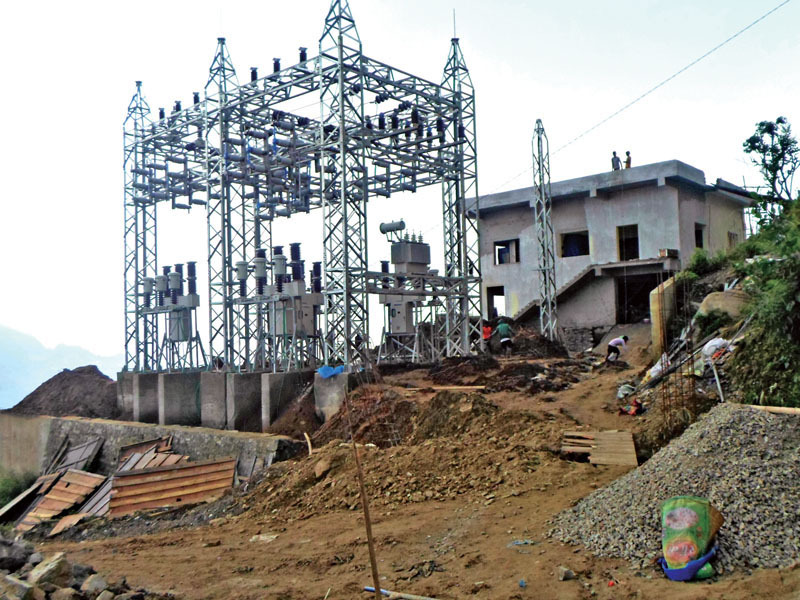‘Need for FDI to develop hydropower sector’
Kathmandu, September 6
Underlining the huge potential in the country’s hydropower sector, energy experts have stressed on the need to draw foreign direct investment for the development of the sector.
“We have both natural and human resources. What we don’t have is enough investment. Therefore, the importance of FDI is very high for Nepal,” said Minister for Energy Janardan Sharma during a programme titled ‘Foreign Direct Investment in Hydropower’ held here today.
Stating that Nepal has already signed a Power Trade Agreement (PTA) with India, a potential huge market for hydroelectricity generated in the country, Minister Sharma expressed hope that the agreement would attract FDI in Nepal’s hydropower sector.
He further said foreign investors have been discouraged to put money into the country’s hydropower projects as it takes years for hydropower promoters to get licence and sign Power Purchase Agreement (PPA) and Power Development Agreement (PDA).
Maheshwor Neupane, director general at the Department of Industry, on the other hand, said the government has a policy of prioritising hydro sector for FDI. He also said that FDI in hydropower sector has been increasing, though slowly.
Sharing Korea’s experience, Korean Ambassador to Nepal Choe Yong Jin said that the Korean government has built crucial industries and developed its economy through foreign loans and foreign direct investment. “Nepal has one of the largest potentials in generating hydropower. But such great potential can only materialise through investment. And this investment can be made possible through discussions involving all the stakeholders and decisiveness and strong will of the leaders.”
Envoy Jin expressed hope that Upper Trishuli I project, which is being developed by international consortium NWEDC comprising of Korea South-East Power (KOSEP) and IFC, will make significant contribution to increasing total hydropower generation of Nepal.
Meanwhile, Heo Yup, CEO of KOSEP, shared Korea’s FDI-funded development story. “Realising that borrowing foreign funds and inviting FDI were essential for infrastructure development, Korean government took various measures to protect foreign capital and hence it attracted large amounts of foreign capital.”
Consequently, Korea was able to build a base for an astounding economic growth, Yup said. “
“After 30 years of receiving FDI, Korea became one of the top 10 exporting countries in the world, with its export volume at $2,000 billion. Now, it is Korea that makes FDI in other countries.”
He opined that since both Nepal and Korea have similar geography, Nepal could take lessons from Korea’s experience.
Khadga Bahadur Bisht, president of Independent Power Producers’ Association Nepal (IPPAN), said policymakers should seriously pursue FDI for development of hydropower. “While we’ve been seeking FDI since 1981, only a few hydro projects have been funded through FDI.”
A panel discussion, led by Swarnim Wagle, former National Planning Commission member, was held in the second session of the programme. The panellists included Suman Prasad Sharma, secretary at Ministry of Energy; Khadga Bahadur Bisht, president of IPPAN; Iqbal Munawar, project manager of Private Power and Infrastructure Board, Pakistan; Kamal Dorabawila, principal investment officer of International Finance Corporation (IFC) and Michael Boyd, energy policy and strategy advisor at USAID.
The programme was jointly organised by IFC, IPPAN and Nepal Water and Energy Development Company (NWEDC).





